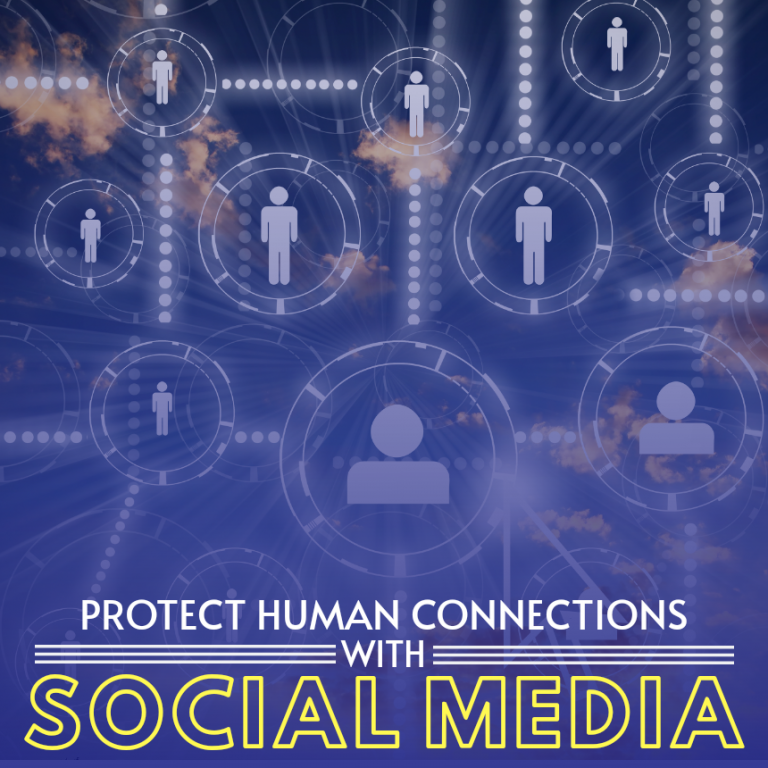
With the rise of the global pandemic COVID-19 outbreaks, it is not just about how to use social media to sell any product or service? Well, there is going to be more to it, but the important point: social can encourage sales.
Social media values are much more significant than selling a few products.
Social platforms help government agencies, hospitals, and health care organizations coordinate fast responses, offer crucial infrastructure, and quick citizen engagement. We also see individual benefits as social media grows into a valuable tool for easing our isolation and connecting in distinct ways.
On top of the disastrous health crisis management, businesses face a rising recession. It’s easy to become puzzled and trapped in short-term thinking.
Related: 8 Tips for Effective Crisis Communications in the Workplace
Here are three digital ways companies can adjust their businesses and communications approaches to stay connected and demonstrate leadership.
- Utilize social media to protect the human connection, including increased use of social video, live streaming, Facebook Groups, and instant messaging.
- Utilize social media to reduce business disruption by experimenting with enhanced social and digital consumer engagement.
- Utilize the disruptive exercises of the present to establish for the future, particularly the prompt experimentation in online service delivery, remote work, and extensive usage of real-time analytics.
1. Use social to protect the human connection
Human beings are social animals. And crises such as these threaten to break those critical bonds. Though social platforms have had some bumpy rides in terms of public trust over the last few years. But we see a new chapter recently. The demand for one on one connection has grown considerably. Usage of Facebook Messenger and WhatsApp has doubled since the start of the crisis. Precisely, global consumers are turning to each other with one on one instant messaging and voice calling.
Community-centric uses of social media have expanded on Facebook, appearing in the last few months during the pandemic, with a combined membership of more than a million people.
Two ways to develop connections in a time of crisis
Mainly, there are two varieties of action; businesses can take to establish lasting impressions on their customers: “Do good” or “make people feel good.”
Related: How to Transition Your Business from an Office-Based Company to a Remote
Doing good
For years, we’ve learned about the requirement for brands to have more extensive purposes. Well, now it’s time to put those high purpose statements to the test.
If your business is doing something to support the cause and something that will assist your customers, it’s the right time to utilize the full force of employee support programs to share the message. In addition to organizations such as WHO sharing crucial information on social platforms, peer-to-peer sharing is essential for making those updates circulate far and wide.
75% of COVID-19 related tweets are showing the necessity to complement official brand publishing and advertising with peer-to-peer sharing. When the initial exposure to a message comes from a peer, it enhances the level of trust, particularly when combined with owned and paid content.
Making people feel good
Not all business exists to save the world. But you sure can add a little connection and lightness to your regular flow of content and tactics?
2. Use social media to mitigate business disruption
87% of marketers predict an improvement in the use of digital services by customers during the outbreak. 75% also predict an improvement in e-commerce usage. While virtual experiences are supporting to keep retail and service businesses floating, people still want human communication.
Many small businesses, particularly in service industries such as beauty salons and fitness centers, have turned entirely to social service with some impressive results. We expect that the new online capabilities and increased need for online and social communication by customers will outlive the epidemic.
3. Use the lessons of today to build for the future
While short-term strategies are required to adopt our new realities, businesses need to think long-term, utilizing the accelerated lessons learned through the pandemic to develop lasting relationships with consumers.
Digital ways for crisis management may seem as easy, but they are not. You should be focused on your business goals, keeping in find social purposes as well.
Related: Social Media Collaboration: Tips and Tools for Effective Team Work



Ashok Das
4 years ago